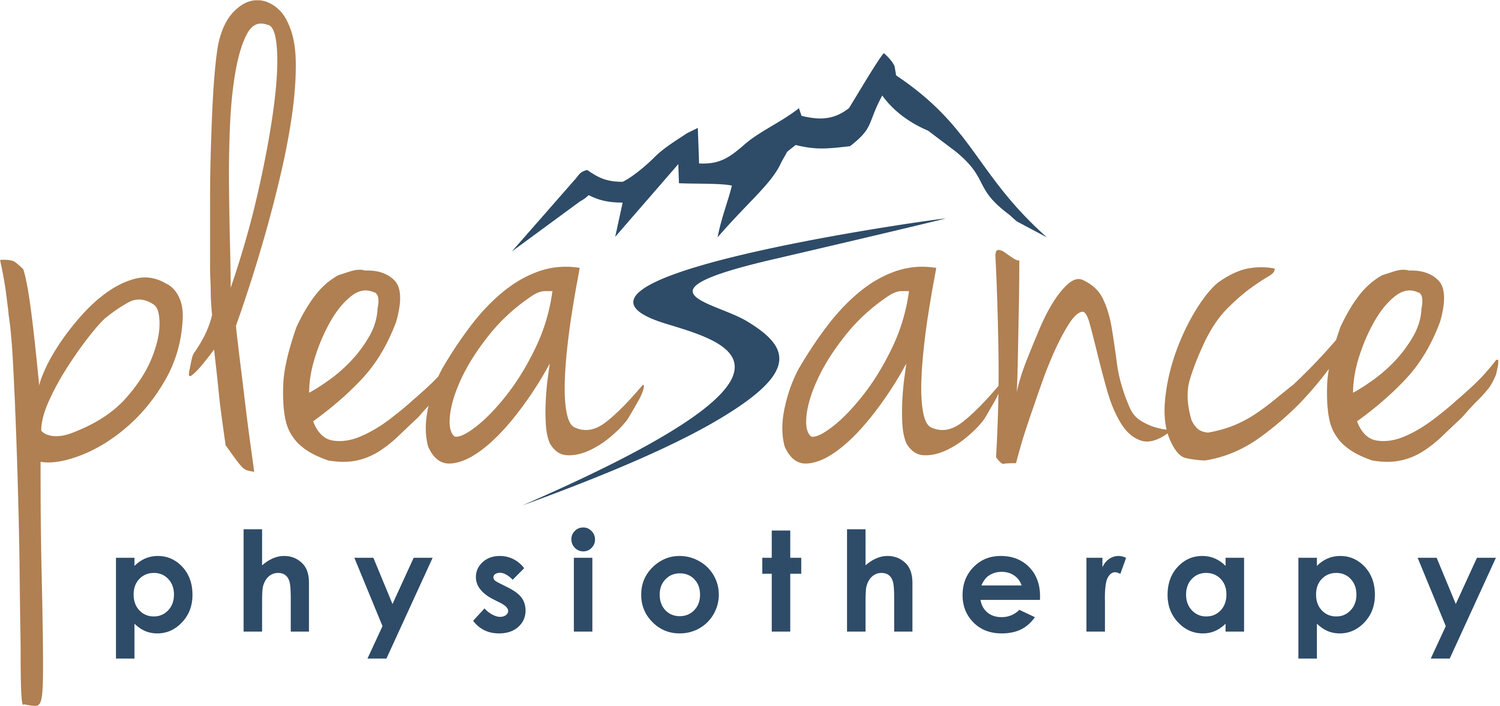Self care and your immune system
Self care is a topic near and dear to my heart, and one that I think is crucial for maintaining overall health and wellness. It is particularly important in times like this, where the vast majority of us have been under some level of stress for a prolonged period of time now (hello Covid!). Long periods of stress can have a detrimental effect on immune function. Right now I think it’s fair to say we would like it to be working in tip top shape!
So, what does ‘self-care’ even mean?
To me self care is simply allowing yourself to be a priority. It’s taking the time to meet your health needs, whether it’s physically, mentally or emotionally, so you can serve other people around you and prevent illness or injury from occurring. I love this quote from Eleanor Brownn….
“When you take time to replenish your spirit it allows you to serve others from the overflow. You cannot serve from an empty vessel.” –Eleanor Brownn.
Self-care strategies can be different from day to day and from person to person, depending on your own personal needs and resources. Here are some self-care strategies to use to improve immune function.
1) Getting good quality sleep
Sleep is extremely important for good immune function. It is recommended for adults to sleep > 7 hours a night. Poor sleep can result in:
an increase in inflammatory mediators in the body (chemicals which promote inflammation and illness)
a decrease in natural killers cells (immune cells which kill abnormal cells and cells infected with a virus)
a decrease in antibody production
This results in an increased risk for viral infection, cardiovascular disease and metabolic disorders, eeeeek!
Often in times of stress, the mind will keep active when the body should be resting, ie. those racing thoughts that start when trying to fall asleep.
To combat this it’s important to keep good sleeping habits.
maintain a sleep schedule: go to bed and wake up close to the same time each day, so your body gets used to a routine
limit screen time 30-60min before bed
get daylight exposure: this stimulates the circadian rhythm
get active: regular exercise makes it easier to fall asleep
limit caffeine in the afternoon/evening
try relaxation strategies before bed (ie. meditation, breathing techniques to relax the mind)
2) Managing stress levels
The body’s stress response is a normal response and can be helpful at times to react quickly in the moment, but when stress is prolonged it can have negative effects on the body and on the immune system.
Chronic stress can cause:
increased inflammation, and
decreased lymphocytes (white blood cells which fight infection).
Overall this results in a weaker and poorer functioning immune system.
Chronic stress can result in chronic inflammation, which is linked to the development of various diseases, such as fibromyalgia, lupus, psoriasis and inflammatory bowel disease.
Ways to combat stress…
Meditation/Mindfulness: taking 10-15 min/day to practice meditation and lower stress levels, decrease cortisol and decrease inflammation in the body. Apps like Calm or Headspace are great to use for this!
Exercise: Daily movement in any form can also lower cortisol levels and inflammation. The meditative and movement aspect of yoga are particularly helpful.
Journaling: Simply writing down your thoughts on paper, has a way of calming the mind and relaxing the body. For example, if your mind is racing at night about your to-do list for the next day, write your list down on paper to get off your brain.
3) Eating for a healthy ‘gut’
A significant part of our immune system is located in our ‘gut’, or microbiome, which is a complex system of trillions of microorganisms (microbes) living primarily in our small intestine. What we eat determines which microbes are present in our gut and how our immune system functions.
Consider more:
foods high in fibre
plant-rich
lots of fruits and vegetables
foods rich in whole grains
probiotics (kefir, yogurt, fermented vegetables)
These have shown to support the growth and maintenance of beneficial microbes to improve immune function.
Consider less:
processed food
high sugar food
fried food
These foods have been linked with higher inflammation levels and poorer immune function.
In a nutshell, a whole food diet, rich in vegetables and low in the processed food department can be helpful in maintaining optimal immune function.
4) Get moving!
Of course, I can’t write about self-care without mentioning exercise! I’ve already mentioned it above as a strategy to improve sleep and manage stress, but exercise also has a direct effect on improving immune function and our ability to fight off Covid-19.
The CDC currently recommends 150 min of moderate aerobic activity per week (30 min, 5 days/wk), plus 2 or more days of strength training for the average adult.
Exercise we know is important to maintain a healthy weight, but it is imperative in managing inflammation and preventing disease.
Exercise is linked to:
decreased incidence of viral illness (ie. you are less likely to get a virus like Covid-19!)
decreased duration and intensity of symptoms
decreased risk of respiratory infection
decreased mortality rate
increased vaccine response
There is no question, exercise is a powerful tool to enhance immune function and prevent viral infection.
This is by all means not an exhaustive list of strategies to improve immune function, but it covers the major players.
If you need guidance with figuring out your own self-care strategies feel free to reach out.
For now, I better get moving! I’ve been on my laptop for far too long!
Stay well,
Lindsay
References:
https://www.cdc.gov/niosh/work-hour-training-for-nurses/longhours/mod2/06.html
https://health.clevelandclinic.org/what-happens-when-your-immune-system-gets-stressed-out
https://hms.harvard.edu/news/diet-gut-microbes-immunity
https://www.cdc.gov/physicalactivity/basics/adults/index.htm
Matheus Pelinski da Silveira, Kimberly Kamila da Silva Fagundes, Matheus Ribeiro Bizuti,1 Édina Starck, Renata Calciolari Rossi, and Débora Tavares de Resende e SilvaPhysical exercise as a tool to help the immune system against COVID-19: an integrative review of the current literature. Clin Exp Med. 2020 Jul 29 : 1–14.
